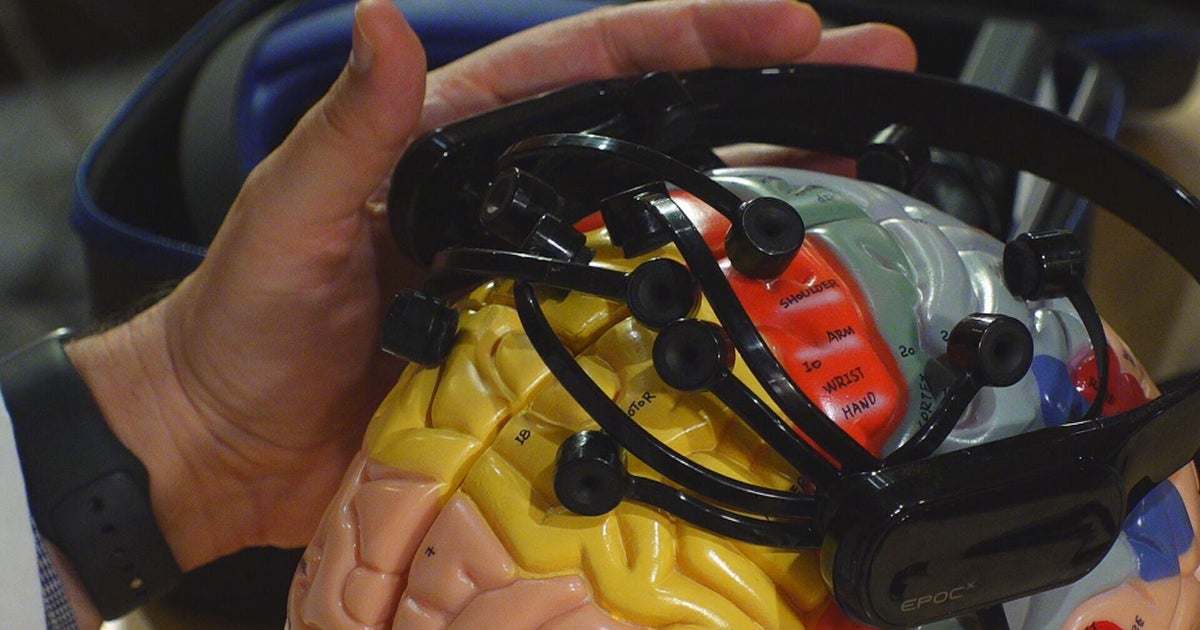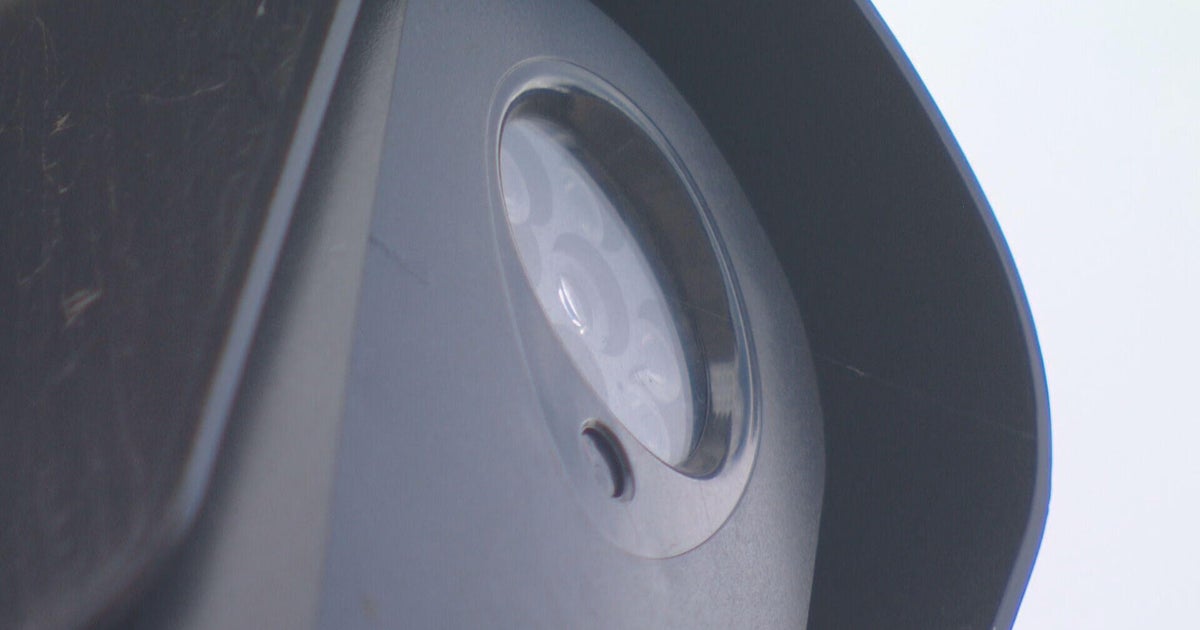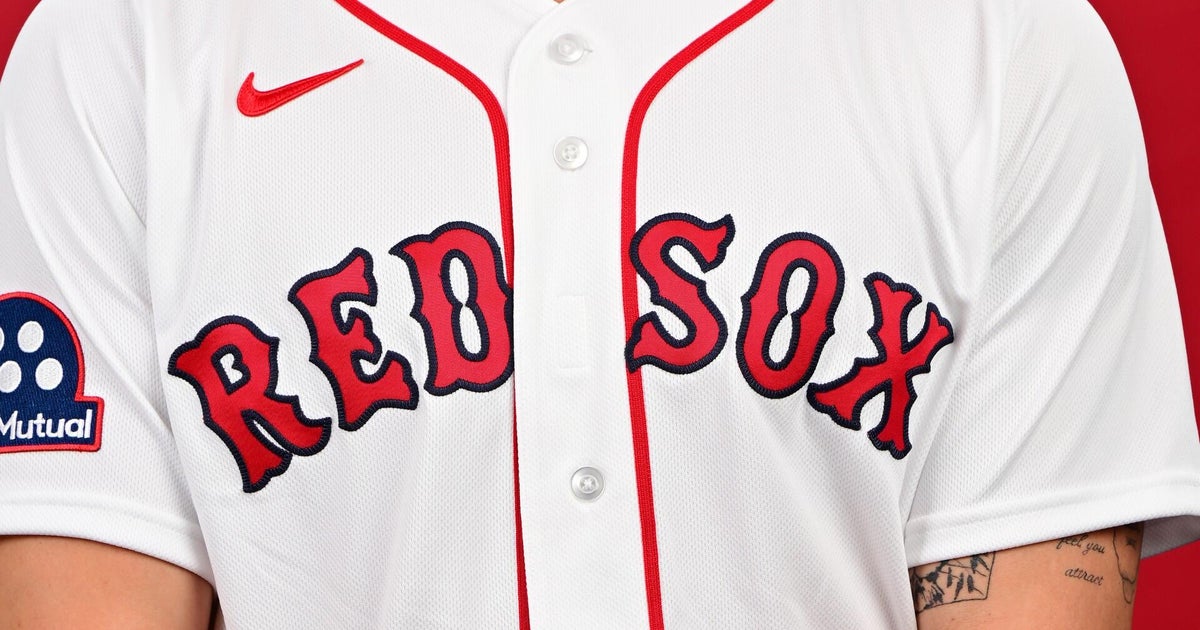Protecting Your Data: What happens when you click 'I agree' online
PITTSBURGH (KDKA) - In this age of high-tech...well...everything - efforts have been taken to protect your personal health information.
That said, you might be leaving the door open for your information to be sold to the highest bidder.
It's real and it's happening.
That refers to the information collected by your smartwatch or smartphone and also even what you go online to research.
The electronics of our lives have become a convenience we gladly use to, among other things, help improve our health.
"When you use wearable tech that tracks your heart rate or your blood pressure or your steps, or if you submit information, say to an app that helps you shop for prescription drugs helps you save money there - your privacy is not at all protected," explained Kevin Brasler, Executive Editor of Consumers' Checkbook.
Doctors and health institutions are restricted by HIPAA from giving out your information but Brasler said there are no such protection when it comes to tech.
"You're willingly giving it up to that software company or to your wearable tech, it's not necessarily going to be kept private," he explained. "In many cases, a lot of these apps do share your information."
They share it with information brokers who are then making millions selling it.
"You know what's being done with this data - you have no control over it and you have no say in who gets to see your data or how it's being used," Brasler said.
You've probably seen the result - most of what they do is personalized ads.
Brasler said many things they find out about you are no big deal, but that's not always the case.
"[You] may have a mental illness, [you] may be suffering from depression," he said. "If you're having suicidal thoughts, do you want that information shared with advertisers, and then you're getting served up for with ads for antidepressants?"
So, the question that many are inevitably asking - is there anything I can do?
"I hate to say it...I know nobody is going to do it, but you have to read the terms [of conditions]," Brasler explained. "Especially or these apps that you have downloaded. Right there in the terms and conditions - it says, 'yeah, we're going to share this with everyone.'"
He said that unfortunately, in that fine print, you probably won't find a way to opt out and protect your information. That's when you have to decide if the convenience of the app or device is worth the privacy you're sacrificing. So far, these things remain unprotected, and closing that loophole could prove difficult since we are willingly agreeing to let them share our personal information when clicking "I agree."







